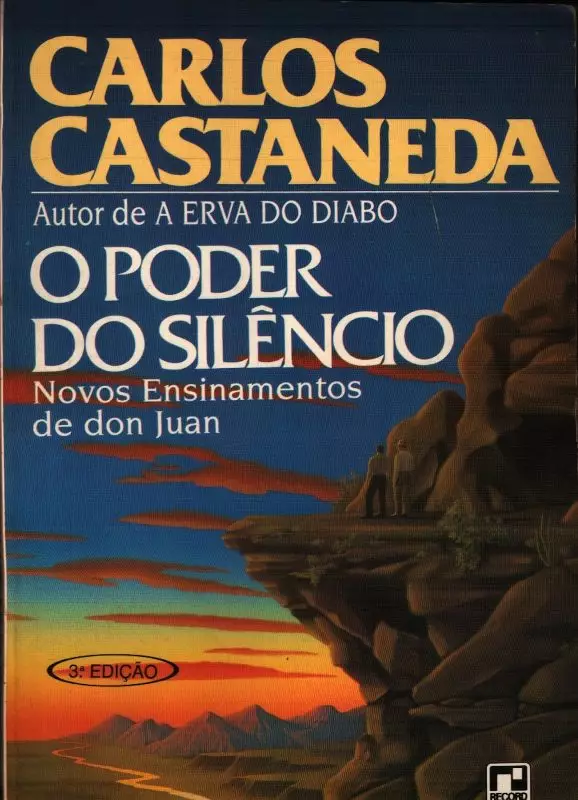Phenomenology is a philosophical method, or a philosophical system proposed by a German mathematician and philosopher, Edmund Gustav Husserl (1859-1938) in a monumental work whose title has been translated as Logical Investigations, which he published in three volumes from 1900 to 1913.
The term Phenomenology had already been in use in philosophical circles since the 1700’s. It meant, then, abstracting consciousness and experience from their realm of intentional components and describing them in a philosophical frame; or it meant the historical research into the development of the consciousness of the self from primary sensations to rational thought.
It is, however, Husserl who gave it its modern-day format. He postulated Phenomenology as a philosophical method for the study of essences, or the act of putting those essences into the flux of life experience. He thought of it as a transcendental philosophy dealing only with the residue left after a reduction is performed. He called this reduction epoché, the bracketing of meaning or the suspension of judgment. “Going back to the origins” was Husserl’s motto, when it referred to any philosophical-scientific inquiry. To go back to the origins implied such a reduction, which Husserl expected to inject into any given philosophical inquiry, as an integral part, a world that exists before reflection begins. He intended Phenomenology to be a method for approaching living experience as it occurs in time and space; it is an attempt to describe directly our experience as it happens, without pausing to consider its origins or its causal explanations.
To achieve this task, Husserl proposed epoché: a total change of attitude where the philosopher moves from things themselves to their meanings; that is to say, from the realm of objectified meaning-the core of science-to the realm of meaning as it is experienced in the immediate life-world.
Later on, other Western philosophers defined and redefined Phenomenology to suit their particular specifications. Phenomenology as it stands today is a philosophical method that defies definition. It has been said that it is still in the process of defining itself. This fluidity is what holds the interest of sorcerers.
From my association with don Juan Matus and the other practitioners of his line, I came to the conclusion, by directly experiencing their shamanistic practices, that the bracketing of meaning, or the suspension of judgment that Husserl postulated as the essential reduction of every philosophical inquiry, is impossible to accomplish when it is a mere exercise of the philosopher’s intellect.
I was told by someone who studied with Martin Heidegger, Husserl’s student, that when Husserl was asked for a pragmatic indication of how to accomplish this reduction, he said: “How in the hell should I know? I’m a philosopher.” Contemporary philosophers who have reworked and enlarged the parameters of Phenomenology have never actually addressed the subject of practicalities. For them, Phenomenology has remained a purely philosophical theme. In their realm, therefore, this bracketing of meaning is at best merely a philosophical exercise.
In the sorcerers’ world, suspending judgment is not the desired beginning of any philosophical-practical inquiry, but the necessity of every shamanistic practice. Sorcerers expand the parameters of what they can perceive to the point that they systematically perceive the unknown. To realize this feat, they have to suspend the effect of their normal interpretation system. This act is accomplished as a matter of survival rather than as a matter of choice. In this sense, the practitioners of don Juan’s knowledge go a step beyond the intellectual exercises of philosophers. The proposition in this section of this journal is to follow the statements made by philosophers and correlate them with the practical accomplishments of sorcerers, who have, strangely enough, worked their practices, in many cases, seemingly along the same lines as those proposed by Western philosophers.
(Carlos Castaneda, Journal of Applied Hermeneutics)

